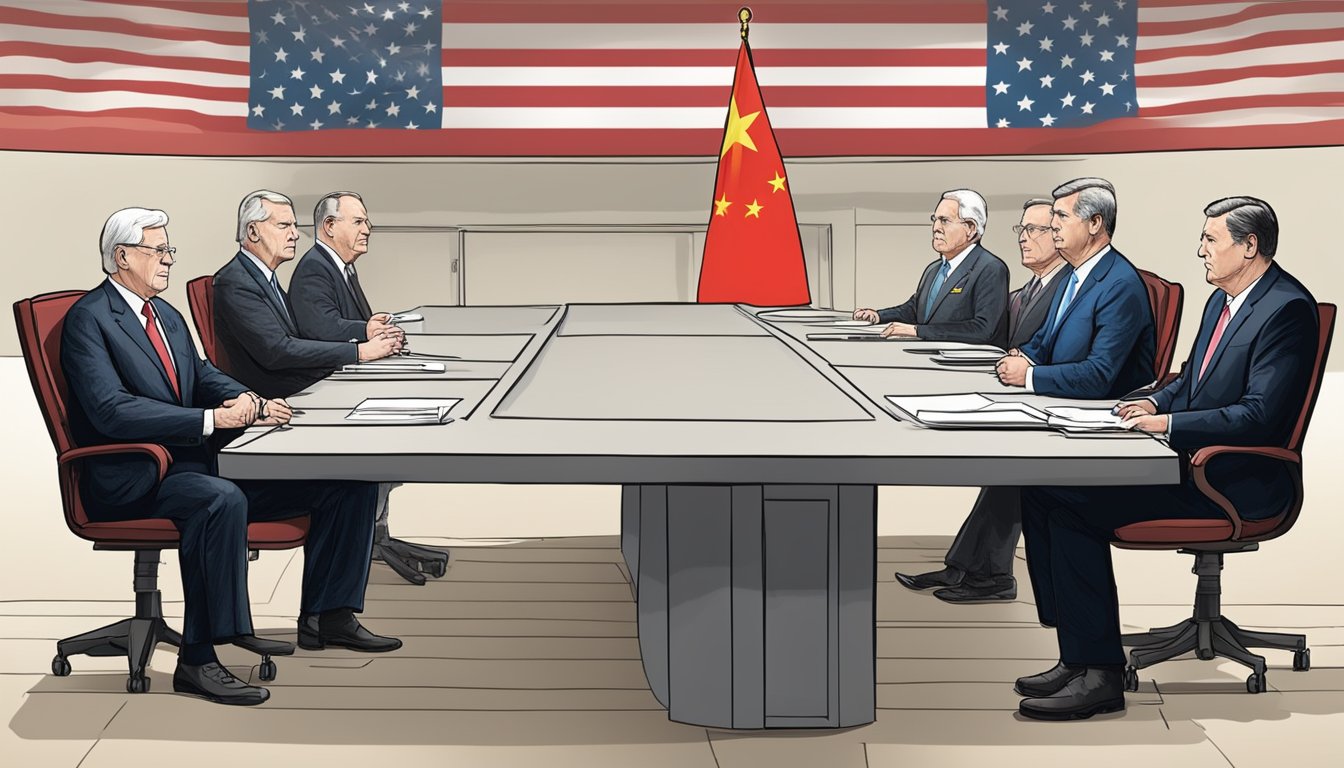In a move to bolster national security, Senate Republicans are pushing for new legislation designed to restrict foreign government investments in U.S. real estate close to military installations.
This effort stems from rising concerns about the safety of troops and potential threats to national defense.
Legislation Overview
Senator Ted Cruz of Texas took a significant step on Wednesday by reintroducing the Protecting Military Installations and Ranges Act.
This bill proposes a federal review process for any transactions involving entities linked to China, Russia, Iran, or North Korea that want to purchase land within 100 miles of military sites.
Cruz highlighted that foreign adversaries are exploiting loopholes in regulations to acquire land adjacent to vital military areas, jeopardizing both personnel safety and operational security.
He urged swift action on this bill, emphasizing the need for protection against these risks.
Expansion of Oversight
The proposed legislation, which faced challenges in the last session when a Democratic majority controlled the Senate, seems to be gaining momentum amid a Republican majority.
Among its champions is Senator Tom Cotton of Arkansas, who chairs the Senate Intelligence Committee and plays a significant role in promoting the bill’s urgency.
Cotton voiced strong disapproval of allowing adversaries to buy land in the U.S., especially near military bases, underscoring the potential dangers involved.
One of the key aims of this legislation is to empower the Committee on Foreign Investment in the United States (CFIUS).
This committee, consisting of representatives from crucial government sectors like Homeland Security, Defense, Treasury, and Justice, currently oversees foreign investment deals on American soil.
At present, CFIUS only has the authority to scrutinize foreign land acquisitions within a few miles of military bases.
However, under the new proposal, this jurisdiction would extend to 100 miles around military installations and 50 miles from training ranges or special operations zones, significantly widening oversight.
National Security Concerns
This increased authority would particularly focus on entities connected to China, Russia, Iran, and North Korea, with heightened scrutiny directed at Chinese investments.
Legislators remain deeply concerned about the risks of espionage and have noted a growing trend of Chinese companies investing heavily in American agricultural land.
Department of Agriculture officials reported that by early 2024, Chinese-linked entities owned roughly 278,000 acres of farmland in the U.S., with a notable portion situated near military installations.
Even so, these Chinese holdings represent less than 1% of total foreign investment in American farmland.
CFIUS would be tasked with determining whether future investments from these foreign entities could compromise national security, deciding if any should be flagged or even blocked.
Senator Katie Britt from Alabama, who co-sponsored the bill, stated that the measure seeks to protect national security interests against foreign adversaries aiming to undermine the United States through their investments.
Cruz’s team has been in contact with CFIUS officials to make sure the bill won’t slow down real estate transactions.
However, as of now, there has been no timeline established for hearings or reviews related to the proposed legislation.
Source: Militarytimes

